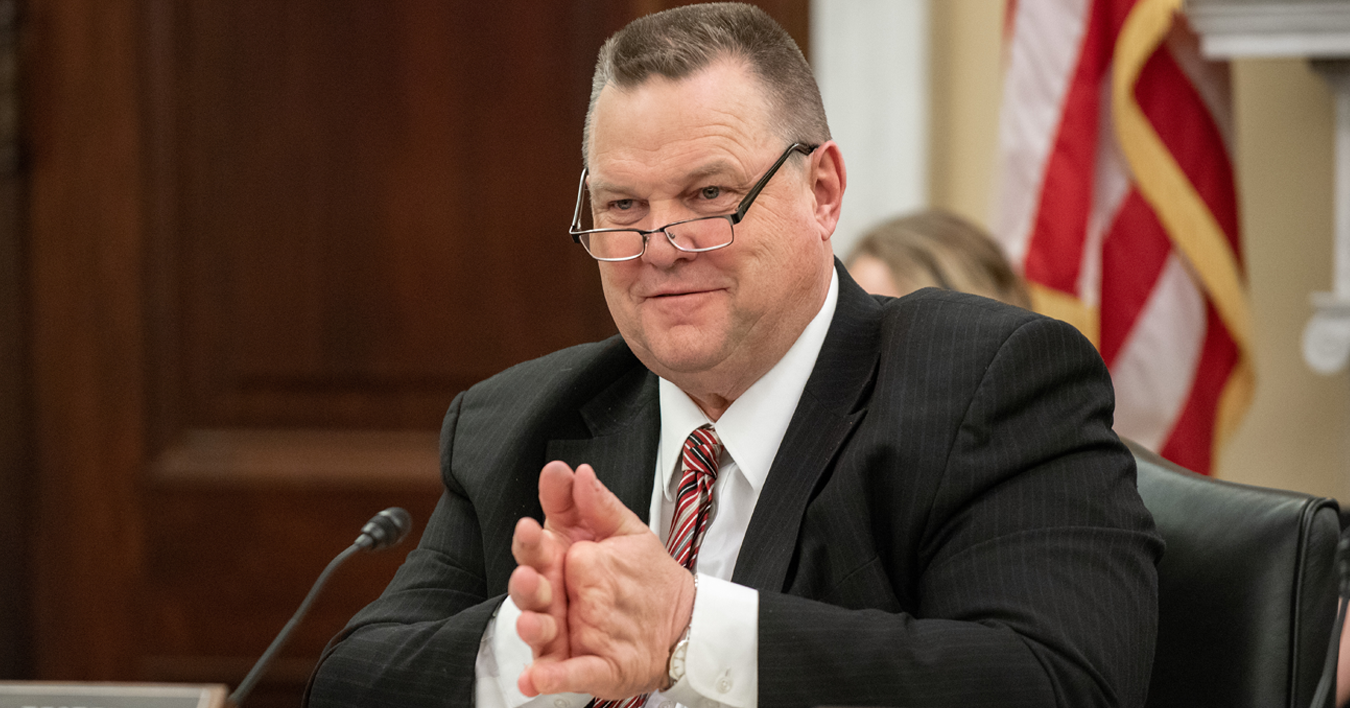What a special election in Southern Arizona tells us about generational change, ideological tensions, and what lies ahead for 2026.
What to Know:
- A special House race in Arizona’s 7th District has become a flashpoint for generational and ideological tensions within the Democratic Party.
- Adelita Grijalva, Deja Foxx, and a former state lawmaker represent three distinct approaches: establishment continuity, progressive activism, and pragmatic governance.
- The contest reflects a national shift, with younger, activist-aligned voters less swayed by name recognition and more focused on policy urgency.
- Democratic strategists see this race as a test case for unifying a fractured coalition ahead of the 2026 midterms.
In Southern Arizona, a special Democratic primary has become an unexpected microcosm of the national party’s internal struggles. What was anticipated to be a respectful transition for a long-held seat has instead become a contentious race.
This contest aims to fill the vacancy left by the late Congressman Raúl Grijalva, who died in March at 77 after decades representing Arizona's 7th District. Instead, it has turned into a competitive contest between competing visions of the Democratic Party’s future.
Late Congressman Raúl Grijalva
More than individual ambition is reflected in the candidates Adelita Grijalva and Deja Foxx. They represent different generational, ideological, and strategic approaches to politics that are increasingly shaping Democratic primaries nationwide.
Grijalva and Foxx Define the Democratic Divide
Adelita Grijalva, daughter of the late congressman and current Pima County Supervisor, is widely seen as the establishment favorite. Her campaign emphasizes experience, local governance, and continuity with the progressive platform her father championed.
Adelita Grijalva, photo from X
Her political career spans more than two decades, including service on the Tucson Unified School District Board and in county government. Many of her supporters see her as a natural successor, deeply rooted in the district and trusted by long-time constituents.
Deja Foxx, by contrast, is a 24-year-old activist and digital strategist who gained national recognition as a teen reproductive rights advocate and worked on Kamala Harris’s 2020 presidential campaign.
Deja Foxx, photo from X
Her campaign messaging highlights a generational shift, with an emphasis on progressive policies such as universal reproductive access, climate justice, and housing affordability. Foxx represents a new wave of younger candidates who prioritize digital outreach, movement-building, and activist energy.
Update: Grijalva Wins, but the Debate Isn’t Over
The outcome is now clear: Adelita Grijalva has won the Democratic primary for Arizona’s 7th Congressional District, defeating Deja Foxx. The special election garnered national attention, not only due to its candidates but also because of its symbolic significance. This election was set in motion by the March passing of longtime Congressman Raúl Grijalva.
Grijalva’s victory was widely anticipated. With over two decades in public service, deep roots in Tucson, and a campaign built on continuity with her father’s progressive legacy, she was considered the establishment favorite. Her endorsements from figures like Alexandria Ocasio-Cortez and Bernie Sanders, combined with robust institutional support and name recognition, made her a formidable candidate in a district her father held for 22 years.
But Deja Foxx’s campaign was something different. Foxx didn’t just run for office; she ran to change the narrative, employing a bold digital strategy, raising nearly a million dollars through grassroots fundraising, and gaining support from next-gen organizers such as David Hogg’s Leaders We Deserve. She challenged the notion that experience and lineage are prerequisites for leadership, arguing instead for a party led by those with lived experience in the systems they hope to reform.
Foxx's campaign focused on reproductive rights, climate action, and economic justice, attracting voters who were tired of political stagnation. Despite her loss, her candidacy demonstrated that young, movement-based contenders can mobilize attention and funding at scale. She also forced the race into the national spotlight, reshaping what might have otherwise been a quiet succession into a referendum on the party’s future.
Despite the solidly Democratic district, Grijalva is now expected to win the September special election. However, the primary's dynamics will resonate well beyond Arizona. With the 2026 midterms looming, national Democrats are watching races like this for clues about what messaging, what messengers, and what momentum will shape the next fight for control of the House.
The ongoing question isn't about whether Grijalva can retain his seat, but rather if the momentum Foxx generated among younger, progressive voters can be integrated, utilized, and maintained by the wider Democratic alliance. Failure to do so risks not only electoral losses but also the alienation of an entire generation within the party.
Wrap Up
The outcome of the Arizona primary will not shift the balance of power in the House, but it could offer important insight into how Democrats approach future elections. If younger candidates continue to gain traction, the party may see more contested primaries and a shift in messaging priorities.
On the other hand, if establishment-backed candidates prevail, it may reinforce the belief among party leaders that experience and institutional knowledge remain decisive factors in local races, even as national dynamics evolve.
Ultimately, the Arizona special election is more than a regional story. It is a window into the conversations, conflicts, and recalibrations that will shape the Democratic Party’s approach to 2026 and beyond. The Arizona campaign could offer initial insights into whether the party can overcome its generational and ideological rifts, an ongoing uncertainty.

-3.png)



